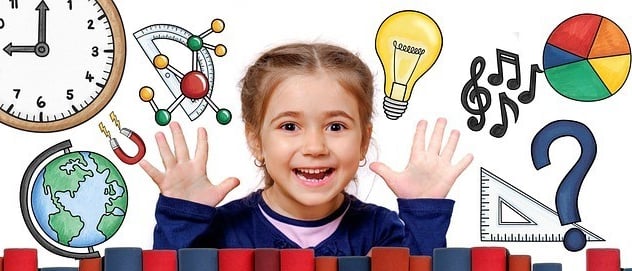What is Adaptive Learning Technology
Could adaptive learning technology be a useful application of AI in the classroom to help our kids become independent learners?
7/5/20242 min read
A student opens up their laptop or tablet to start an online learning session. In the preliminary leadup to the start of the session the child has to respond to a series of questions and visual prompts so that the AI engine built into the course can ascertain the child’s prior knowledge on the subject, reading comprehension and language style.
The child starts the first session as the online program provides continual feedback as it builds up challenges to see how the child responds. By this stage the student has already decided to use audible feedback so they’re wearing headphones. They can either type or use voice responses because the program has learnt their vocal traits and can understand their input.
Welcome to the world of Adaptive Learning.
In the online article, “Adaptive Learning: What is It, What are its Benefits and How Does it Work?” author Serhart Kurt says, “As the students continue to engage with the platform, it becomes more attuned to their needs, and can therefore select materials that will help them achieve the learning goals.”
With each student working through the program at their own pace and in a sense creating their own learning pathway, the teacher is free to move around the room to assist and discuss any issues that either the student or the teacher would like to bring up.
Kurt goes on to say:
“The software contains all material needed for the course. Each concept can be broken into manageable sections and is sequenced accordingly for each learning goal. The platform is very smart – it can select appropriate lessons for each student, classify their responses, and provide performance reviews for the instructor”.
Kurt sees programs like these being very useful for specific subject areas in the sciences and mathematics. Learning areas requiring Ideally, the DIY sessions would have a definite time limit – leaving the student with other avenues to explore should they wish. Again, Kurt says, “
“Not every discipline is the ideal candidate for adaptive learning. Courses that contain a lot of subjective learning activities, such as literature papers, research projects or forums, are not recommended for the adaptive model.”
Could adaptive learning programs be a really useful application of AI? In my opinion, definitely. There are so many questions around this topic:
· How would teachers access these programs?
· Would they be built into curriculum structures or would they be available online possibly for a fee?
· And are we talking about choosing from a selection of discrete adaptive learning programs or designing our own with the use of AI?
The thing is, if you’re a teacher in a 1 to 1 classroom and you want to encourage your students to be independent learners, you can mimic the concept of an adaptive learning program by designing your own learning activities for your students to work through as outlined in my book, “Become a Learning Activist”. And if the teacher runs the online activities they’ve designed in a synchronous manner (ie the kids work online with the teacher present), then the students have that important human connection for clarification and extension.
We live in interesting times. The way we use digital technology, including AI, is crucial in teaching our kids how to become independent learners. The need for schools to respond positively and quickly to the challenges of AI is huge. In the meantime, classroom teachers can use the principles of Adaptive Learning technologies to design learning environments appropriate to the needs now…

